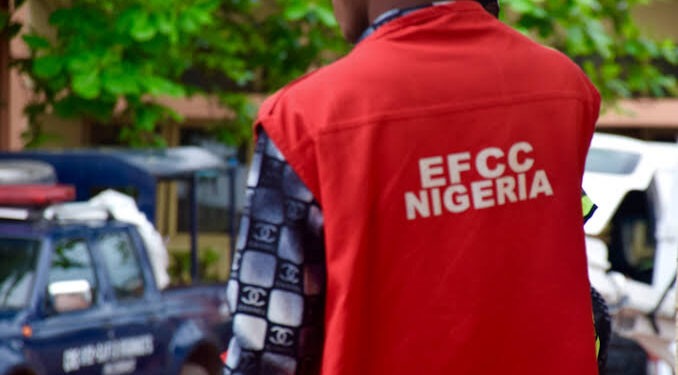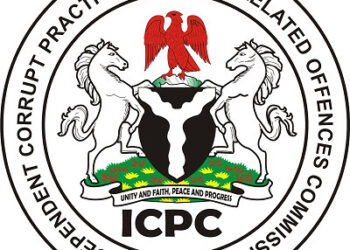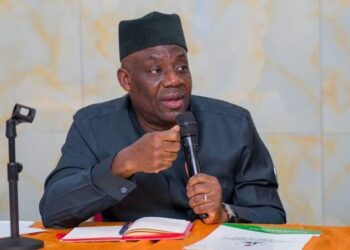The International Criminal Police Organisation (Interpol) has refused to act on a “wanted” alert issued by Nigeria’s Economic and Financial Crimes Commission (EFCC), against Lagos businessman Bashir Haske, who is married to the daughter of opposition leader, Atiku Abubakar.
In a statement on Friday Interpol said that its rules forbid involvement in cases driven by political, religious, racial, or military motives.
“Interpol will not help any member country pursue politically motivated cases,” the body said, noting that it was aware of Mr. Abubakar’s position as Nigeria’s top opposition figure.
The EFCC had declared Mr. Haske wanted over alleged money laundering despite a court order restraining the agency from doing so.
Reports suggest the move was part of wider political pressure, with Mr. Haske’s ties to Atiku being used as a tool in a power struggle over the Nigerian National Petroleum Company Limited (NNPCL).
Anonymous sources say Mr. Haske may have left the country after a brief detention in July.
Critics accuse the EFCC of being used as a weapon against political opponents since it was established in 2003. Despite repeated denials, the agency has long been plagued by claims of bias, weak investigations, and media trials rather than solid prosecutions.
Interpol’s swift rejection of the alert against Mr. Haske has continued to generate debates among Nigerians, especially validating the cries of witch-hunt against members of opposition by President Tinubu.
Recall that most activists and analysts had recently tagged the arrest of former Sokoto State governor, Aminu Tambuwal as politically motivated.
Tambuwal, an opposition figure recently moved from the Peopels Democratic Party (PDP), to the African Democratic Congress (ADC) ahead of the 2027 general elections.
But the EFCC in several media briefing has said its investigation on Tambuwal has nothing to do with politics.
The independence of the commission has since become a subject of debate among Nigerians.




































